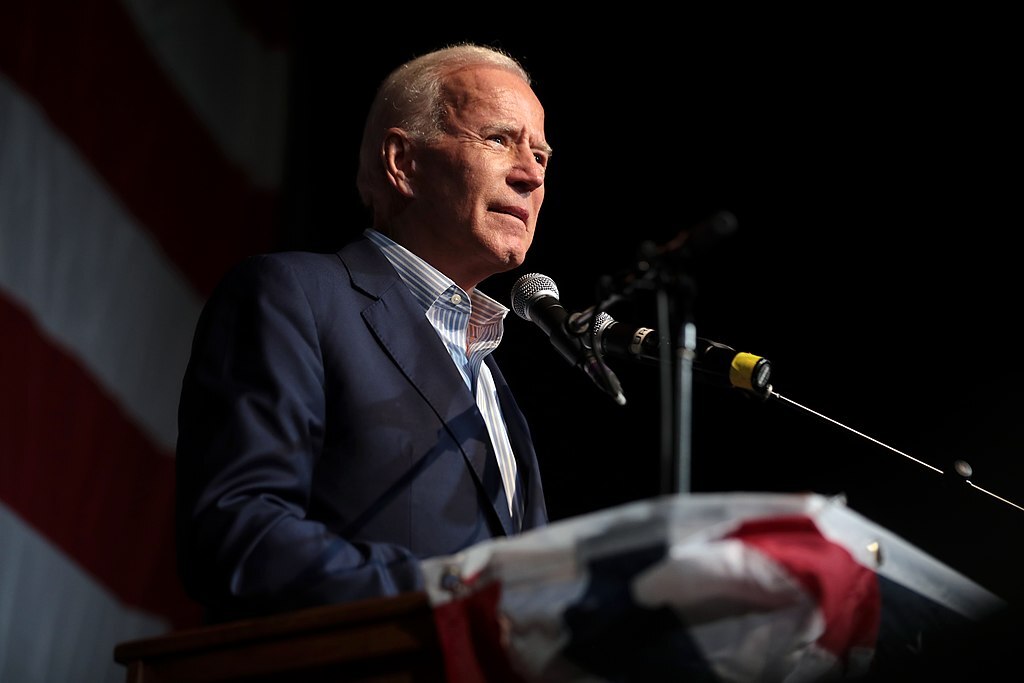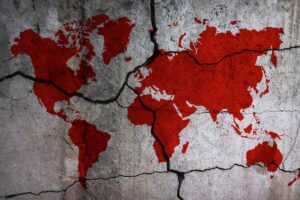Emma Ashford: Hey, Matt, what a year this has been. Or what a decade, really. It reminds me of that old curse: “May you live in interesting times.” We certainly are living in interesting times.
Matt Kroenig: Yes. Interesting and terribly tragic. Of course, we are talking about the Hamas attack in southern Israel last week and the Israeli response. More than 1,200 Israelis—most of them civilians—have been killed, many in gruesome ways; approximately 100-150 Israelis have been taken hostage by Hamas. Foreign nationals have also been caught in the violence, with at least 25 Americans among the dead.
Israel has responded. The Israelis killed the remaining Hamas fighters inside Israel, conducted massive airstrikes against Gaza that have killed 1,400 people, and have called up 360,000 reservists for what looks to be an impending ground invasion.
This tragedy has rightly been described as Israel’s 9/11.
What are your thoughts?
EA: It’s horrifying. There’s not much else to say there. The gruesome violence, the unexpected nature of the attack—it’s absolutely awful. And there’s no doubt there will be further violence; Israel is likely to launch a ground assault on Gaza, with devastating humanitarian costs for Palestinian civilians.
Israel, Arab governments, and the United States all had bet that if they ignored the Palestinian question it would just go away. This attack proved that to be fundamentally a false assumption.
At the same time, there are significant geopolitical implications. This attack didn’t come from nowhere; the government of Israeli Prime Minister Benjamin Netanyahu, Arab governments, and even the United States—they all had bet that if they ignored the Palestinian question and simply focused on broader geopolitical questions, that it would just go away. This attack has proved that to be fundamentally a false assumption.
Let’s start with the immediate questions, though. Is there anything the U.S. government can do to stop this from exploding further? It seems as if the minimal steps Washington has taken—urging at least some restraint on the part of Israel and stationing an aircraft carrier in the region as a deterrent to Iran—are about all that can be done at the moment.
Read the full article in Foreign Policy.
Matthew Kroenig is a columnist at Foreign Policy and vice president and senior director of the Atlantic Council’s Scowcroft Center for Strategy and Security and a professor in the Department of Government and the Edmund A. Walsh School of Foreign Service at Georgetown University. His latest book is The Return of Great Power Rivalry: Democracy Versus Autocracy From the Ancient World to the U.S. and China. Twitter: @matthewkroenig




